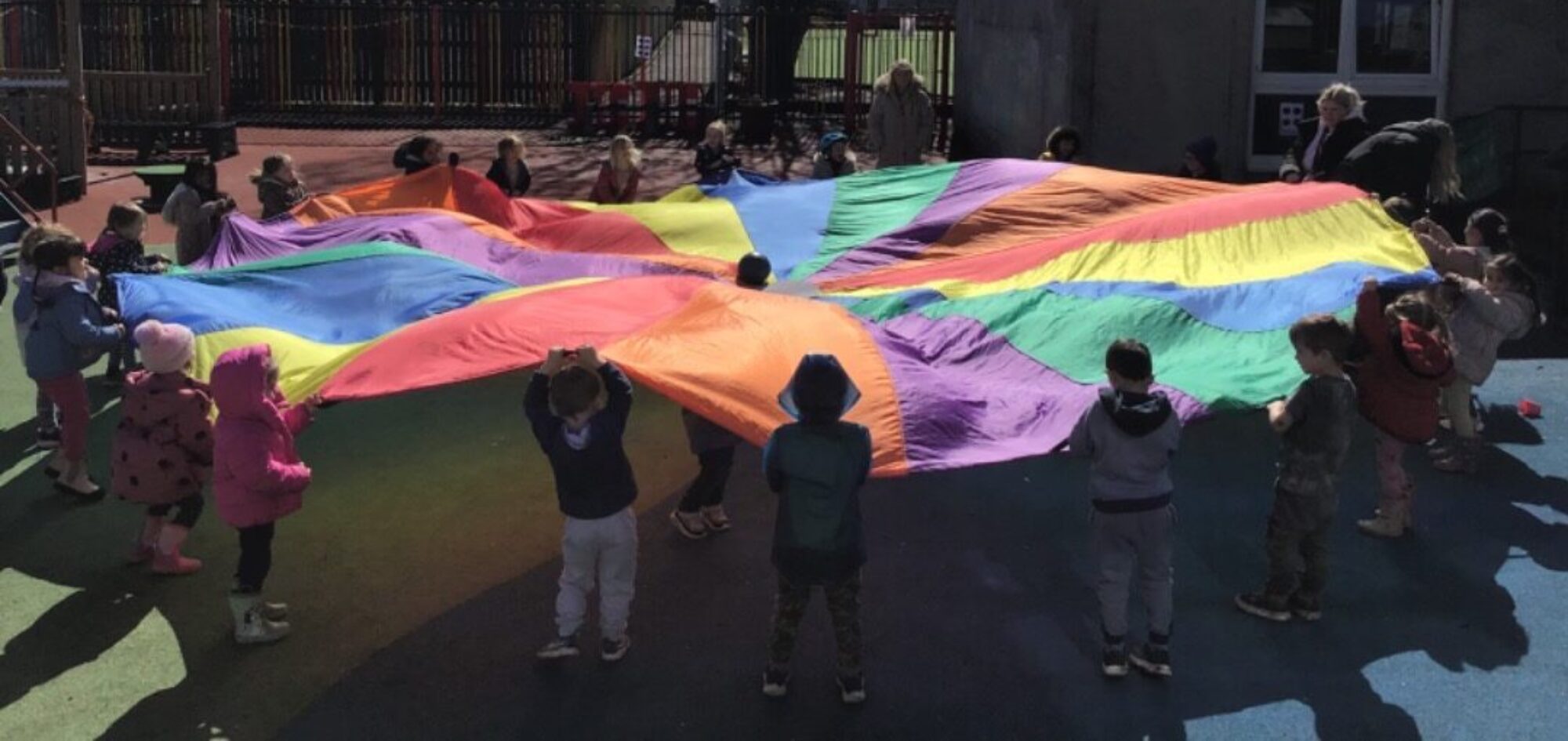SELF REGULATION
Hi Everyone,
We have been working closely as a staff team focussing on Self-Regulation and actively creating opportunity to develop this skill. I thought it would be important to share a little bit about what self regulation actually is and why it is important that we help children develop this skill in the early years of childhood.
Some , including a Youtube video, which will give you some more information, ideas of games you can play and activities you will be able to do to support and develop self regulation for your children. If you have any questions or would like a little more information please don’t hesitate in giving me a shout.

WHAT IS SELF-REGULATION?
Self-regulation is a different sort of skill. It allows kids to manage their emotions, behaviour and body movement when they’re faced with a situation that’s tough to handle. And it allows them to do that while still staying focused and paying attention.
HOW DOES SELF-REGULATION HELP CHILDREN?
As your child grows, self-regulation will help her: learn at school – because self-regulation gives your child the ability to sit and listen in the classroom behave in socially acceptable ways – because self-regulation gives your child the ability to control impulses.
WHY IS SELF-REGULATION IMPORTANT IN EARLY CHILDHOOD?
Early childhood is when our brains experience huge growth, especially in the frontal cortex (the area most closely associated with self-regulation), so this is an important time to start learning self-regulation. Research shows us that teaching self-regulation skills to preschool children improved their school readiness (Duncan et al., 2017).
WHAT ARE THE SIGNS THAT A CHILD MAY NEED SUPPORT?
If a child struggles with Self-Regulation they might…
• Be under-reactive to certain sensations (e.g. not noticing name being called, being touched, high pain threshold).
• Appear lethargic/disinterested; appearing to mostly be in their ‘own world’.
• Have difficulty regulating their own behavioural and emotional responses; increased tantrums, emotional reactive, need for control, impulsive behaviours, easily frustrated or overly compliant.
• Have tantrums that last for longer than typical
• The number of tantrums or behavioural episodes per day is more than typical
• Is difficult to discipline
• Typical behavioural strategies are ineffective.
• Is easily distracted, shows poor attention and concentration.
• Has poor sleep patterns.
• Loves movement. Seeks out intense pressure (e.g. constant spinning, running around, jumping, crashing in objects/people).
• Has delayed communication and social skills, is hard to engage in two-way interactions.
• Prefers to play on their own or has difficulty in knowing how to play with other children.
• Has difficulty accepting changes in routine or transitioning between tasks.
• Has difficulty engaging with peers and sustaining friendships

Videos & Links
What is Self Regulation & What does it do?
6 ideas to promote self regulation


